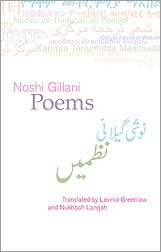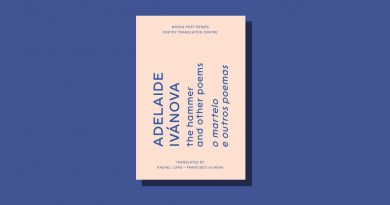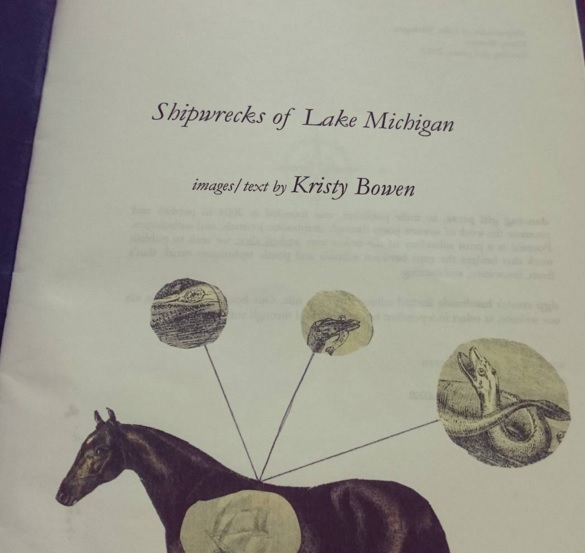Poems by Noshi Gillani (trans. Lavinia Greenlaw and Nukhbah Langah), Review #9
-Reviewed by Claire Trévien-
Noshi Gillani is a poet from Pakistan who migrated to the USA. She writes in Urdu, a language with associations to the court language of the Mughals. Urdu’s use in poetry was predominantly masculine until the second half of the twentieth century when poets such as Kishwar Naheed emerged, and now, Noshi Gillani.
The Poetry Translation Centre has a really interesting approach to its poetry pamphlets, they tend to select contemporary poets, like Gillani, and pair them with two translators. One of the translators knows the source language, the other will be a UK poet of some standing. I imagine it’s more collaborative than Nukhbah Langah providing a literal translation, and Lavinia Greenlaw adding flourishes to it, but they do provide texts online to show that process (see here for example). It’s certainly right that both of their names should be on the cover, and fascinating to be able to see just a glimpse of their creative process.
There is a certain timelessness to Gillani’s pamphlet, her poems are largely free of references to modern life. This also makes the pamphlet quite anchorless, Gillani avoids any specificity whether of place or personhood. Take ‘This Prisoner Breathes’ for instance, where there is a ‘jungle of voice’, ‘echoes of chains’ – it’s a metaphorical state of imprisonment rather than a specific one.
This is a pamphlet concerned with diaspora, but this manifests itself in poetry where bodies are separated from their personhood (‘Can someone bring me my entire being?’), where fragrances are torn from their flowers. There is also a ‘you’ addressed in several of the poems, which I’m inclined to think is often herself rather than a lover:
Your passion for travel takes you away from home
Please do not bring back regret like dust in your pocketsIt is strange air that we all breathe
May your eyes fill when you come home
What’s interesting I think, is the way that Gillani’s poems have a certain veneer of prettiness, concentrating on flowers for instance, but the theme that keeps returning is a suppression of voice. In ‘This Prisoner Breathes’, the narrator is trapped and unable to spread her wings, but the ‘you’ insists she should fly, all the while obstructing her efforts:
And are so offended by my point of view
That you stitch my eyelashes closed
That duality is what makes Gillani’s poetry so compelling.
This December, I have given myself the task of reviewing one pamphlet a day to raise money for next year’s Saboteur Awards. You can help by donating, or sharing the link using the hashtag #pamphletparty. I am not sure how this month is going to go, some pamphlets will be easier than others. I have given myself the aim of writing at least 300 words for each, a lower word-count than the usual reviews on Sabotage, in the hopes of making it more manageable! Here’s a link to the previously published reviews in this project!





